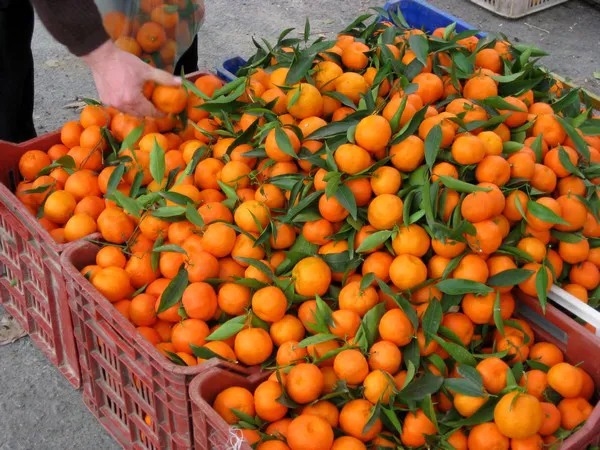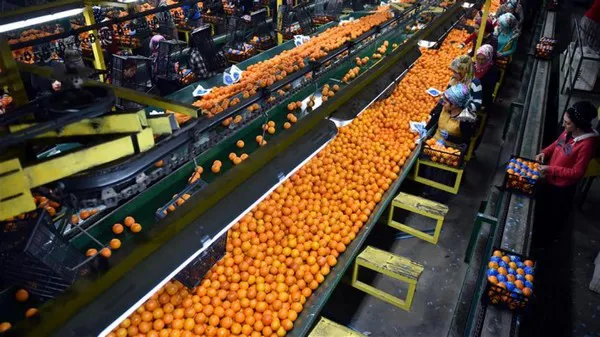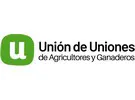According to a study carried out by the Unión de Uniones de Agricultores y Ganaderos, “The EU has issued 1,189 alerts for Turkish and Egyptian fruit and vegetable shipments during the 2020-2022 period for having active materials that are banned in the EU or for exceeding the maximum residue limits (MRLs) allowed.”

The Unión de Uniones, which had already been denouncing this situation, regretted that the increase in inspections had not been enough to solve this issue and urged increasing resources to prevent this situation from continuing.
“Turkey has had a total of 1,072 alerts in the last three years. In 2020 it had 267 and in 2021 it had 424. As a result of this increase, and thanks to the pressure of different organizations, such as the Unión de Uniones, inspections were increased to 20% of shipments for lemons, oranges, and mandarins. Despite this increase, alerts have continued on an almost daily basis. This January, a new modification of the Community regulations increasing the control percentage to 30% for lemons and grapefruits has entered into force.
In turn, Egypt had 13 alerts in the EU in 2020 and 60 in 2021 for the entry of shipments with unauthorized active materials or exceeding the authorized MRLs. As a result of this increase in alerts, and after detecting the emergence of new risks to human health due to contamination by pesticide residues in oranges, the European Union increased the controls on oranges and peppers to 20%. “There must be an intensification of official controls on the entry of these goods from Egypt,” the Unión de Uniones stated.

Extending the increase in controls for up to one year, of the main measures proposed
The Unión de Uniones has sent a report to the Minister of Agriculture, Luis Planas, and also to DG SANTE (Directorate General for Health and Food Safety of the EU) requesting the European Commission to adopt urgent measures in view of the seriousness and the high number of alerts on Turkish and Egyptian shipments and the possible repercussions they could have on the health of EU citizens.
The measures, they state, should include a 30% increase in identity and physical control for mandarins from Turkey and oranges from Egypt and that the extension of control measures be extended for one year instead of six months, as is currently done.
They also request that, if there is a 5% increase in alerts on any product during any month in that period, Turkish or Egyptian imports of those agricultural products be automatically banned.
For more information:
Unión de Uniones
https://uniondeuniones.org
